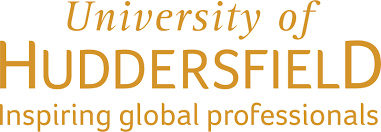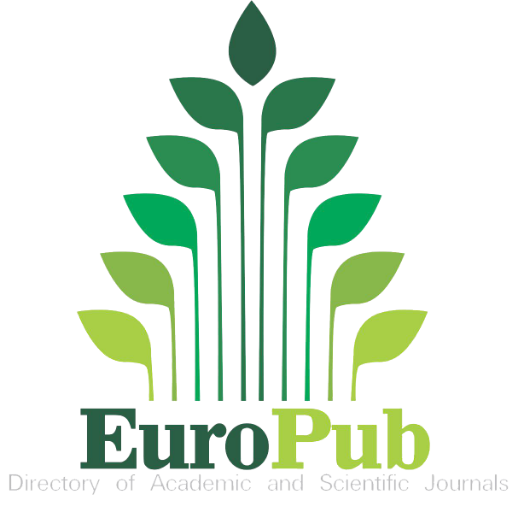Harm Reduction or Psychedelic Support? Caring for Drug-Related Crises at Transformational Festivals
Keywords:
transformational festivals, psychedelics, harm reduction, drug policyAbstract
Many of the EDM events known as “transformational festivals” provide psychedelic support spaces: volunteer projects caring for festivalgoers undergoing difficult drug experiences. Mostly drawn from the festival community, many volunteer carers (“sitters”) subscribe to psychedelic culture discourse which frames these substances as aids to personal growth if handled appropriately. However, within the dominant paradigm of international drug prohibition, support projects must employ the contrasting discourse of harm reduction in order to gain access to events, visibility to festivalgoers, and integration with other support staff. Harm reduction, a paradigm for the care of drug users which began as a grassroots heroin addict advocacy movement, has since become associated with neoliberal, medicalised views of drugs, drug users and the self. This article considers how psychedelic support workers negotiate this discourse dichotomy in the course of caregiving, within differing national and local drug policy climates. Early findings are presented from ethnographic fieldwork as a psychedelic support volunteer with three organisations at seven festivals, combining participant observation and in-depth interviews with nineteen support workers. Events in the UK, the US and Portugal were studied due to these countries’ contrasting policy regimes. Points of conflict between the psychedelic and harm reduction discourses were found to create tensions both within the support organisations and in their relations with on-site medics, security guards, festival organisers and police. The findings suggest that mainstream harm reduction discourses may be a poor fit for psychedelics and that risks inhere in their adoption by festival support spaces, such as abjection of drug users in difficulty which may create a trust-damaging divide between users and workers.
Downloads
Published
Issue
Section
License
Authors who publish with this journal agree to the following terms:- Authors retain copyright and grant the journal right of first publication with the work simultaneously licensed under a Creative Commons Attribution-Noncommercial-Share Alike License that allows others to share the work with an acknowledgement of the work's authorship and initial publication in this journal.
- Authors are able to enter into separate, additional contractual arrangements for the non-exclusive distribution of the journal's published version of the work (e.g. post it to an institutional repository or publish it in a book), with an acknowledgement of its initial publication in this journal. Such derivate works or subsequent publications must happen no less than one calendar year after the initial publication date in Dancecult.
- Authors are permitted and encouraged to post their work online (e.g. in institutional repositories or on their website) prior to and during the submission process, as it can lead to productive exchanges, as well as earlier and greater citation of published work (See The Effect of Open Access).






